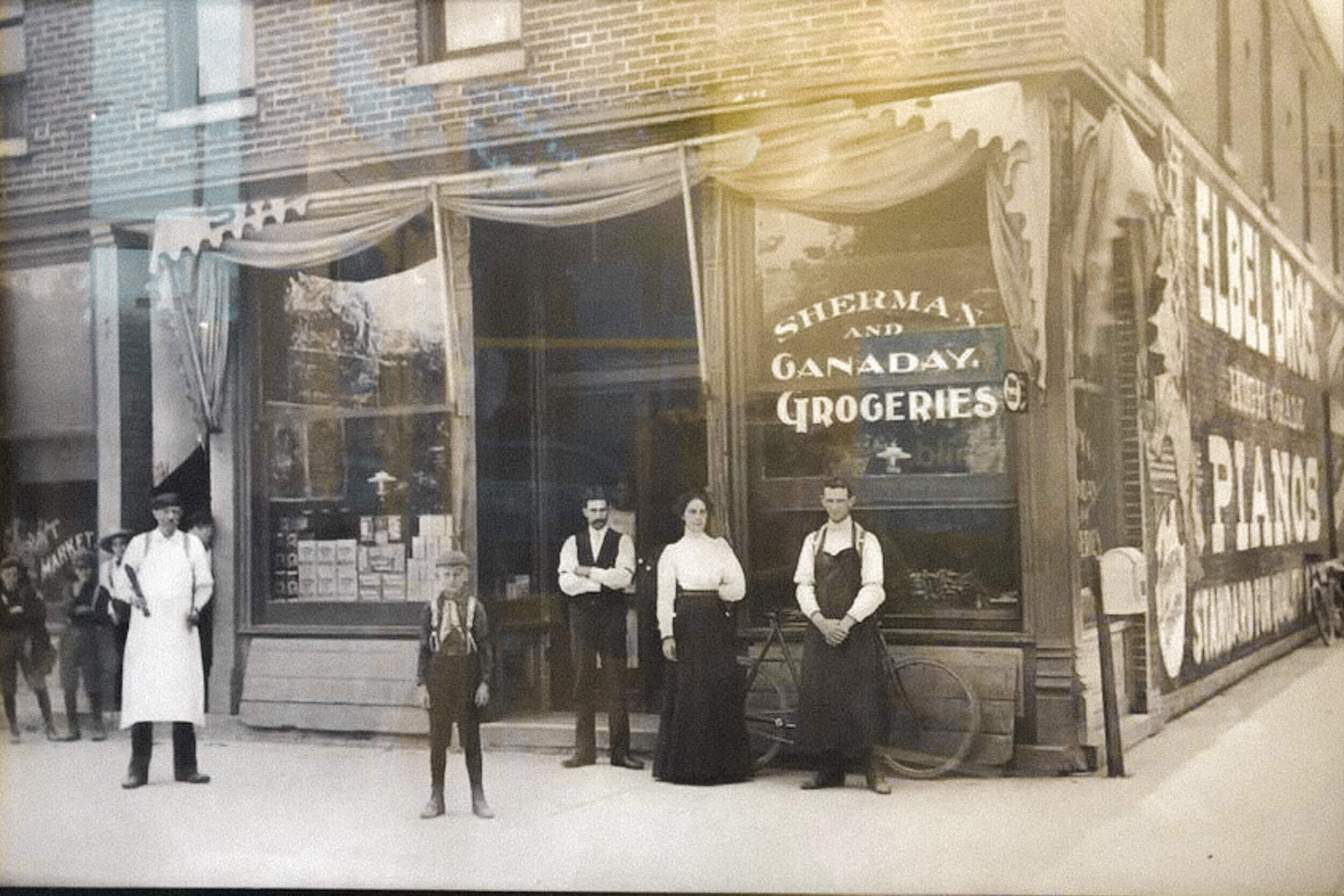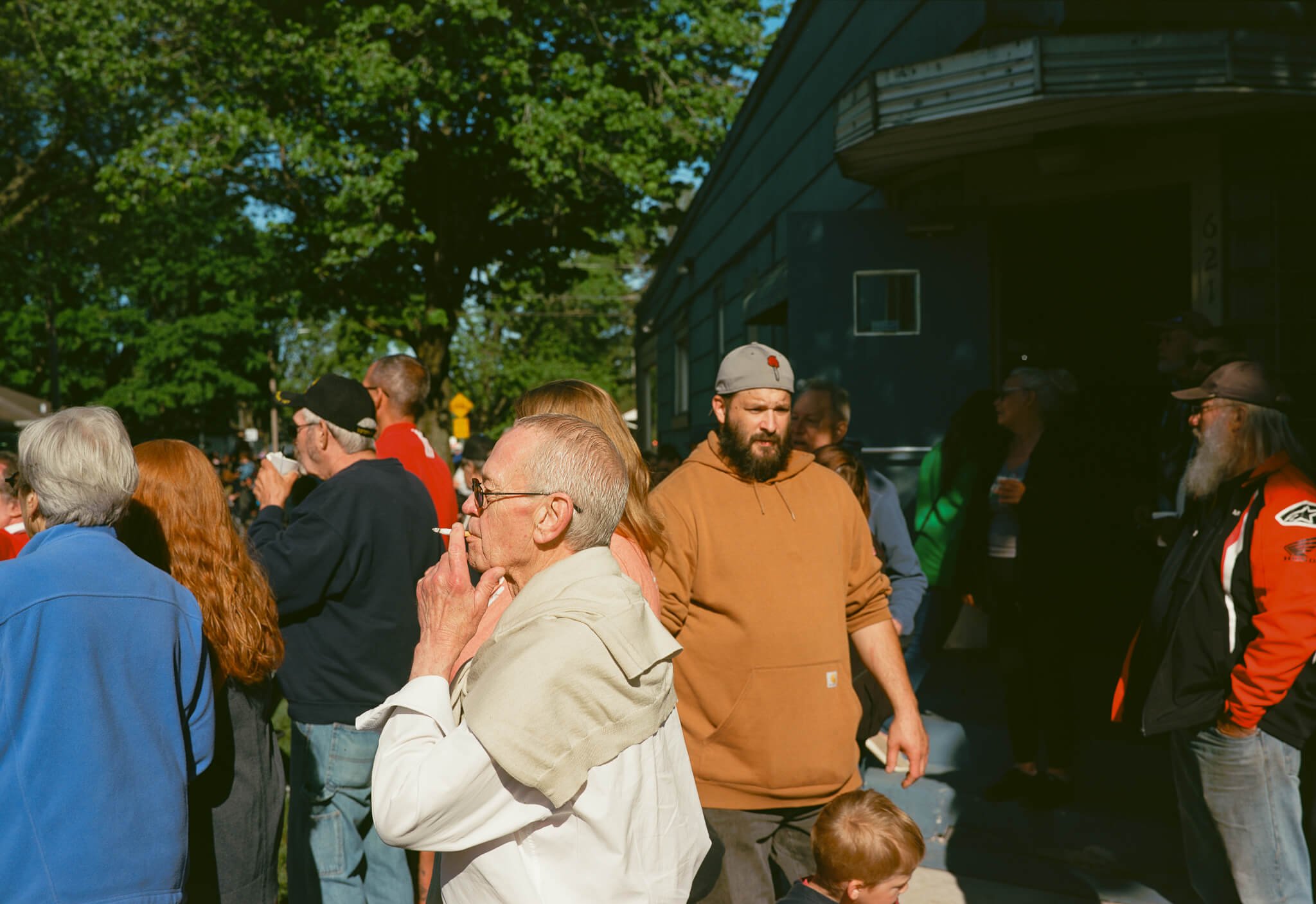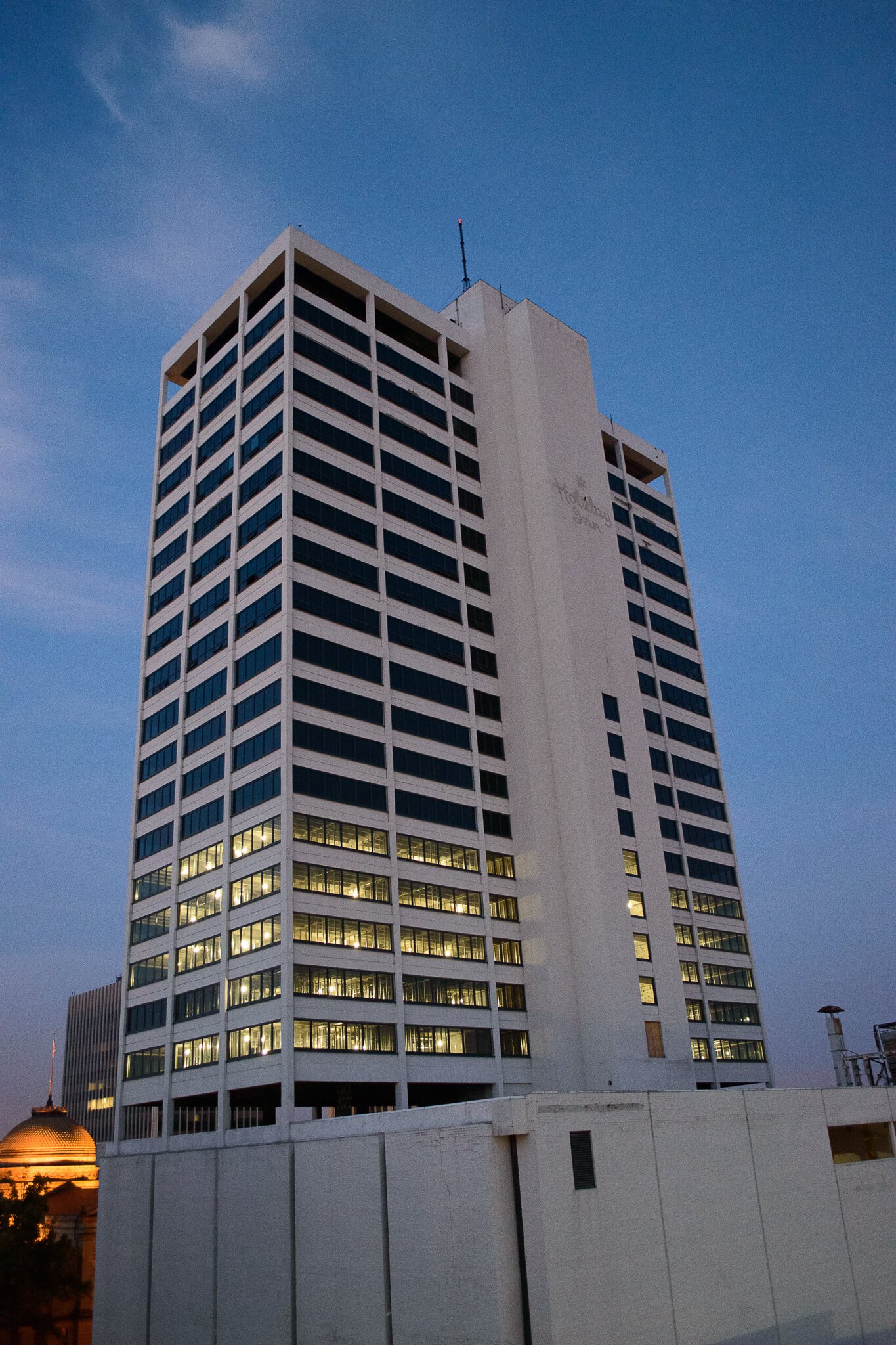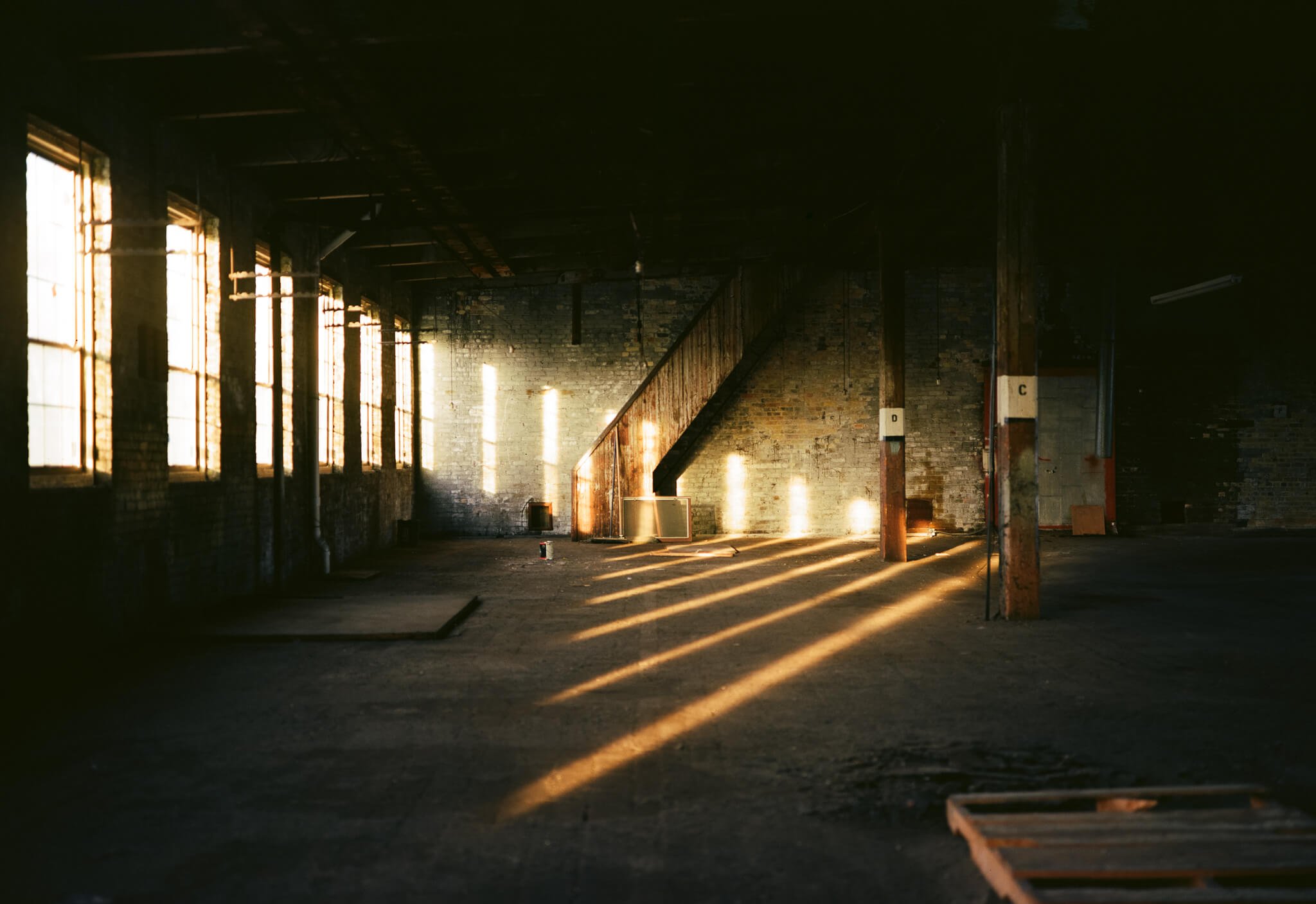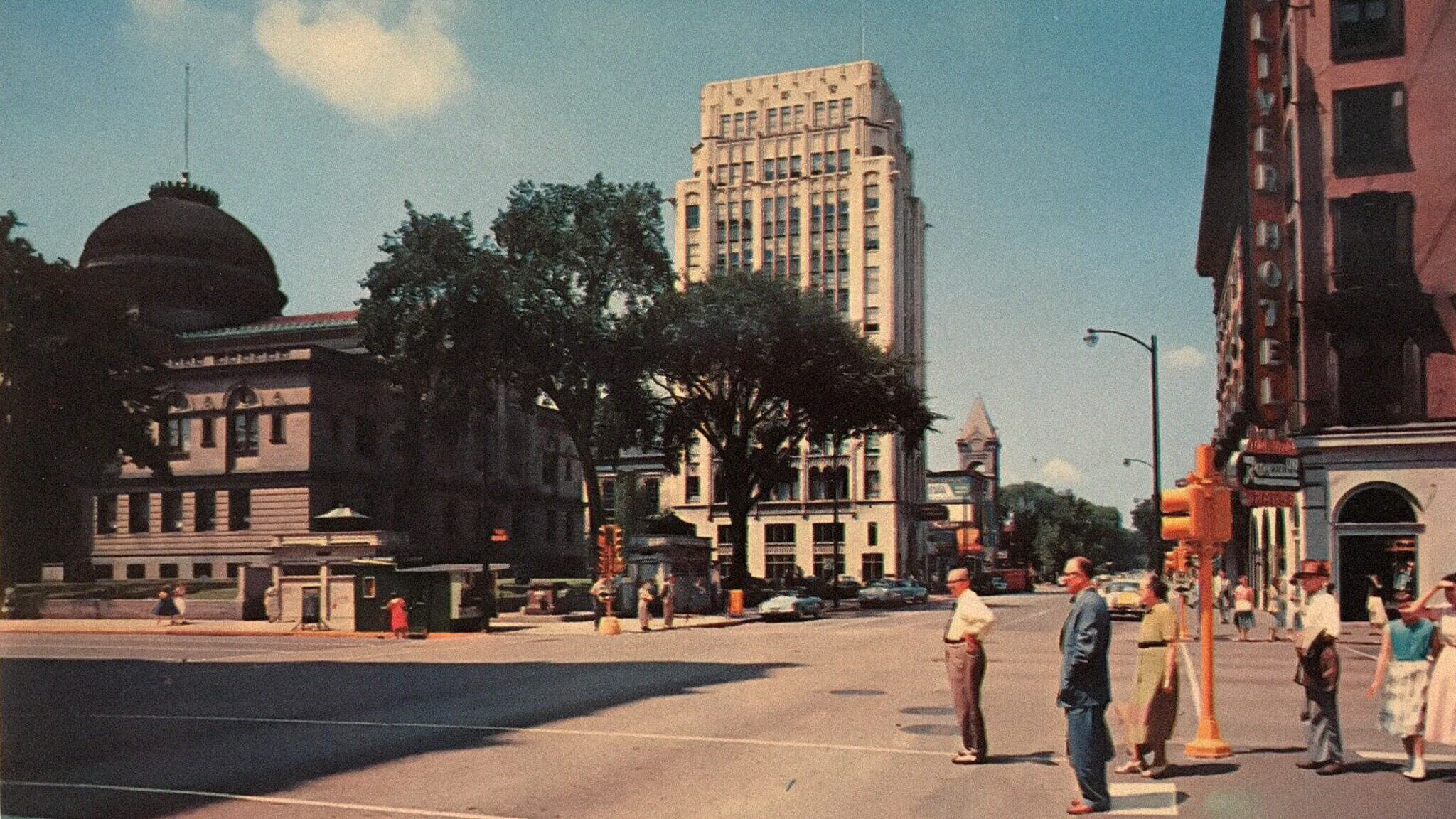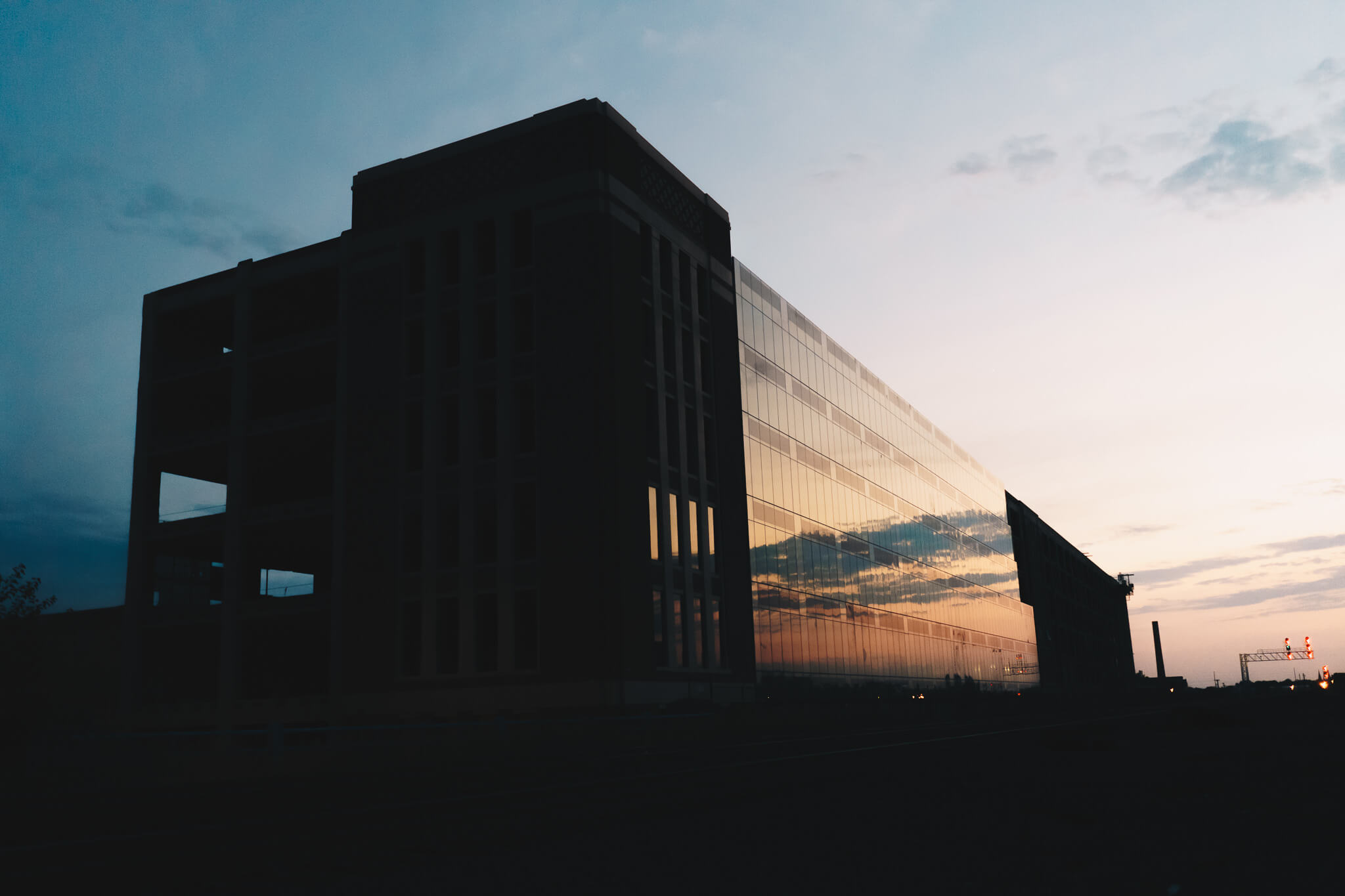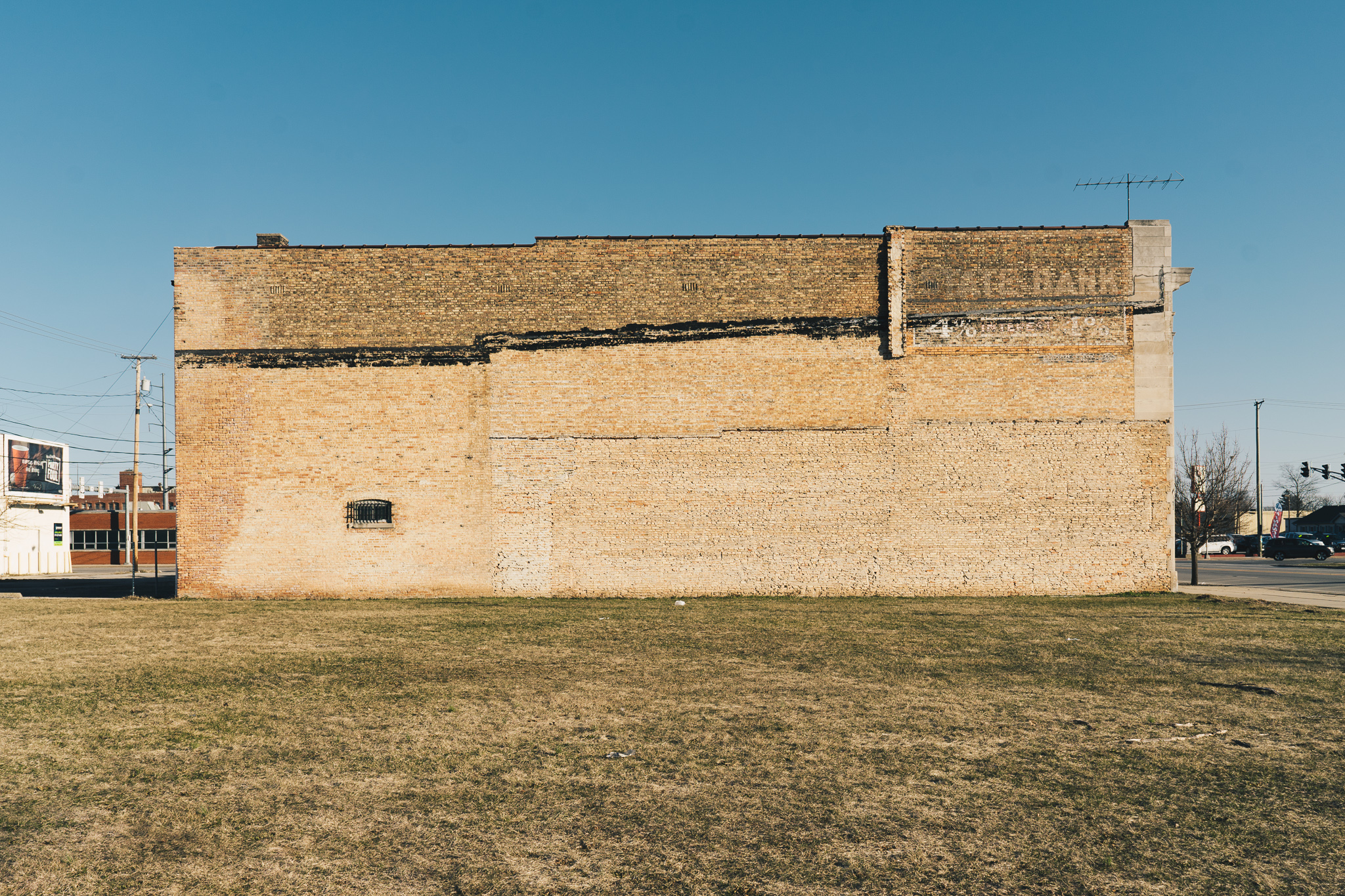The Eddy Street Import Tax
Sherman and Ganaday Groceries at 402 E South St., the current home of Habitat For Humanity of St. Joseph County.
Last week, the South Bend Tribune broke the news that Trader Joe’s is opening a store in Eddy Street Commons, saying, “It’s finally happening.”
The news spread quickly. As of publishing, the Tribune’s article has garnered ~13,000 shares on Facebook, and a meme about it quickly became the most-liked post on The South Bender.
A casual scroll through Facebook and its multiple ~2,000 member groups that exist “to convince Trader Joe's to open a store in our area” surfaces a parade of celebratory posts.
The celebration was unbridled, and the popular conclusion was that Trader Joe’s opening a store in Eddy Street Commons is a wholesale win for South Bend. Marshall King, a Tribune food columnist, went a step further than win, to validation:
Trader Joe’s coming to South Bend is a big win. When a Chipotle, Five Guys, Chick-Fil-A or Trader Joe’s selects a location in your community, it feels like validation. It feels like we’re cool enough to get one, even if what it really says is that a company believes we have enough money to give them to make it worth their while.
– Marshall King, South Bend Tribune, October 9, 2020
Of course, a new store opening with new jobs and new options for South Bend residents is a win, but validation?
Maybe, but we should ask what’s being validated and how much it’s worth to us. Because at the end of the day, Trader Joe’s is just saying that there’s enough money in our city to sustain a store. This is not news. It’s a bet, for sure, but it’s a small one when considered next to the people who’ve opened and sustained small, family-owned shops across the city for decades.
It doesn’t cost Trader Joe’s much if they’re wrong, but it costs family-owned shops everything if they are. That’s the rich validation of what we’re doing in South Bend.
So, welcome to the party Trader Joe’s, but let’s not pretend that you’re bringing the booze.
Bamber’s Superette has been open for 70 years, Oh Mamma’s is producing and selling artisan cheese, Flamingo’s provides Latinx foods and fresh produce downtown, Saigon Market brings international food from Chicago weekly, and Eby’s Old Fashioned Meat Market is approaching 40 years of family-ownership.
The sweat and sacrifice of these shops, among many others, have made South Bend a safe environment for chain retailers.
In the year 1900, South Bend had 84 retail grocery stores and 54 meat markets. Their demise was due to many factors, but the industrialization of food distribution was certainly one.
Study after study is finding that chain retailers “have significant negative effects on the number and vitality of nearby local businesses” but that “small-scale, locally owned businesses create communities that are more prosperous, entrepreneurial, connected, and generally better off.”
I’m not opposed to Trader Joe’s opening a store in South Bend, but let’s be clear-eyed about the fact that this is not a wholesale win or rich validation of the city—it comes with a tax. A tax paid by those least able to bear it—the city and its small, family-owned shops.
Each time our cheers for the new chain store are louder than our commitment to the small shop, we pay the tax.
In this case, the Eddy Street Import Tax.


